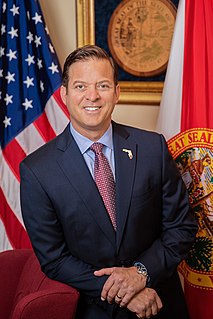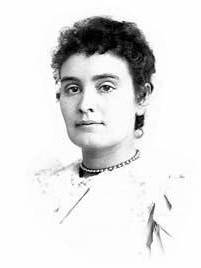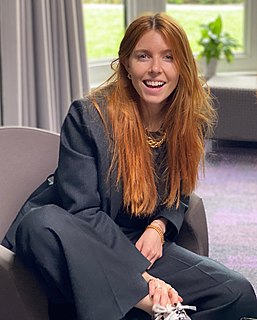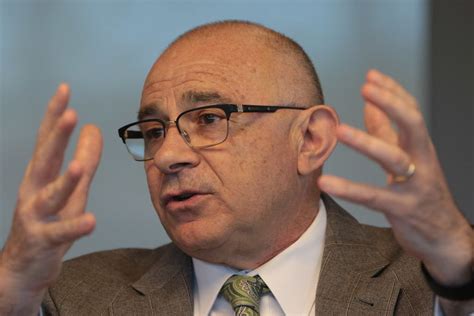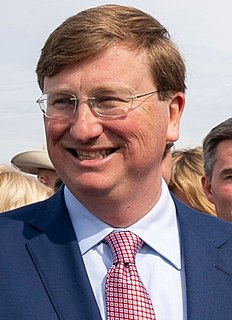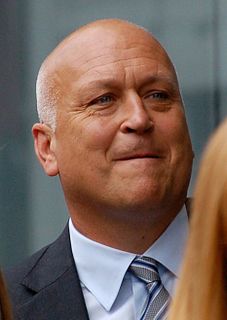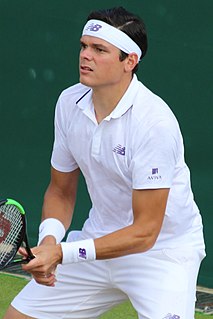A Quote by Carlos Lopez-Cantera
I support parents making the best decisions for their kids' education.
Related Quotes
My parents were extraordinarily focused on education. It was the topic of every dinner conversation, is are you number one, are you getting all As, if not, why not. You need to do better. So my entire orientation and focus growing up was around doing your best and making sure that you were going to get the best education possible.
The teacher will never be a parent. The parents are the parents. But they have to engage in some sort of active education beyond just teaching mathematics and French and English because the kids spend more time there than they do with their parents at that age. We have to accept that other adults will be part of our children's education and they will have bad teachers. That's going to happen.
There’s a belief now that the problem with our schools is parents, that if we just had better parents we would have better performing kids and, therefore, we wouldn’t have a problem at all. But what’s missing in that equation is that you do have a lot of parents in this country who are very involved in their children’s education and who do want something better. They want to see better for their kids. They know that they’re in schools that aren’t performing particularly well and if you look at how we treat those parents, it is quite poorly.
Canada has been phenomenal to myself, my brother, my sister, their kids, my parents. They came there. They worked very hard. They came with a great education, very good heads on their shoulders with the simple thought of going there with almost nothing and just saying, 'We're doing this to give our kids the best opportunity possible.'
Key to success for the education of young African girls is building a model that works with communities, schools, and national Ministries of Education to build a system of protection and support around girls, ensuring that they receive the education that is their right. Financial support is provided alongside a social support system.
Kids don't need to be taught the value of making; they are natural makers, at least until traditional education makes them afraid of making mistakes. The long-term value of making for kids is in learning to become an active participant in the world around them rather than a consumer of prepackaged products and solutions.
